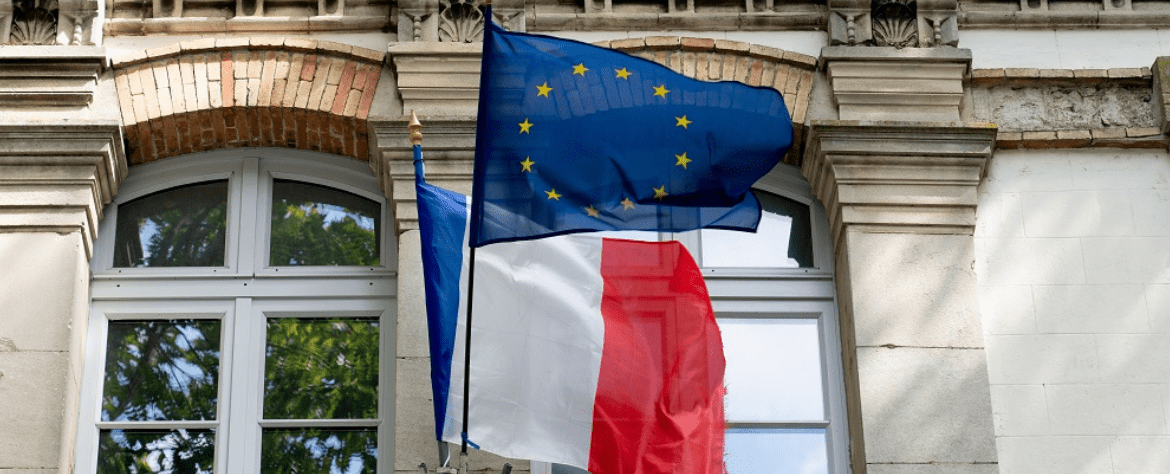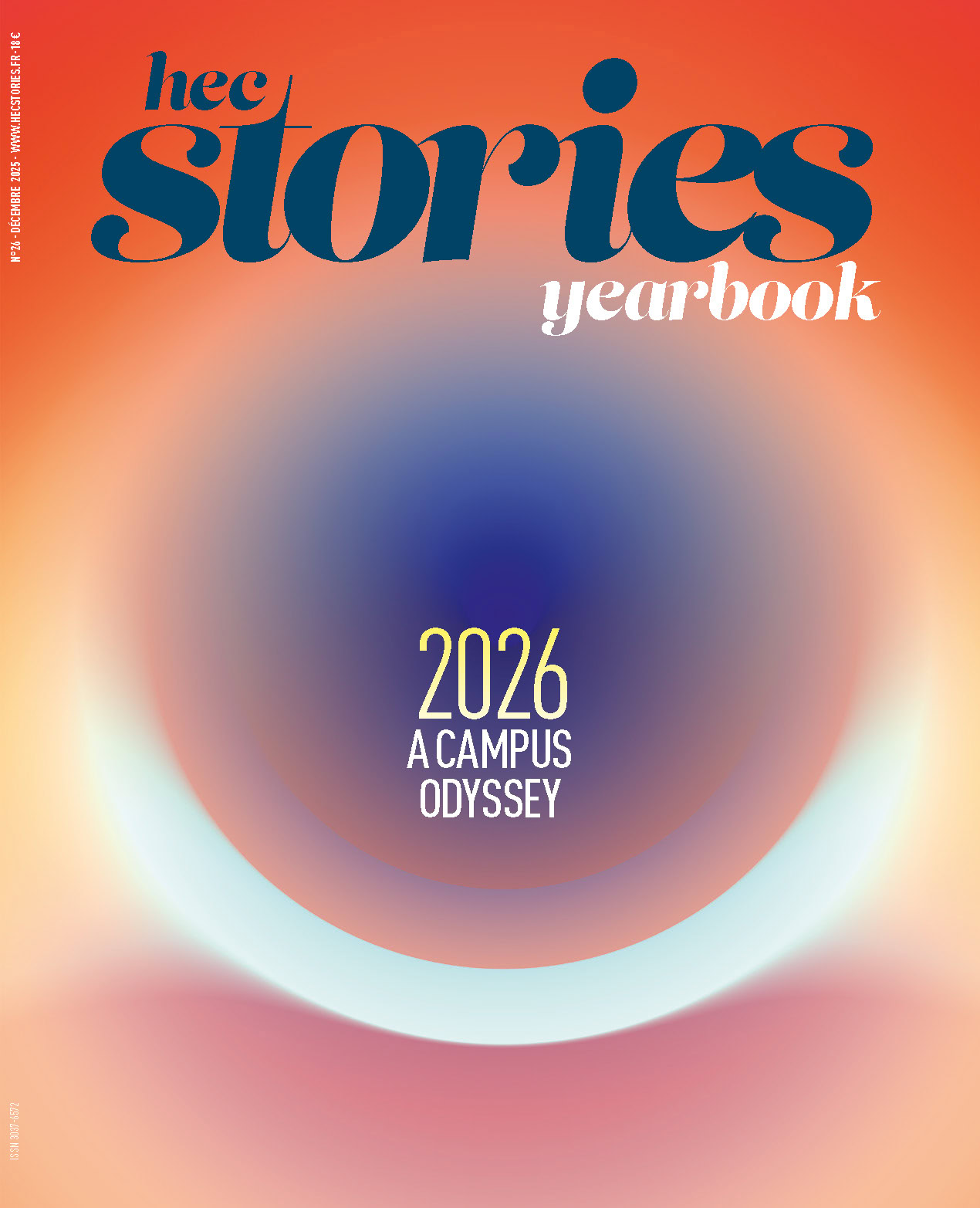Prof. Alberto Alemanno : The French Presidency of the EU

On Tuesday January 11th, Alberto Alemanno gave a one-hour masterclass about the 2022 French presidency of the Council of the European Union for the HEC alumni. Here are the highlights of this exciting exchange.
Alberto Alemanno is a Jean Monnet professor of Law & Public Policy at HEC Paris. Elected Young European Leader by the World Economic Forum in 2015, he regularly provides advice to organizations as well as governments on various aspects of EU law and started a number of initiatives in favour of European citizens.
HEC Alumni: Alberto Alemanno, how can we define the European context of the beginning of this French presidency of the Council?
Alberto Alemanno: It is definitely a moment of truth for Europe. If the wish for a continent that converges economically and socially has been kept alive since the late forties, Europe has not been able to project a model of peace. The major geopolitical tensions happening right now between Russia and the United States in Ukraine does not see any European leader at the table. After the Afghanistan disaster and the collapse of the France-Australia submarine deal, it is a time of crude reality for the Old Continent. This is why the French integrationist idea for a powerful and sovereign Europe, that protects and replaces the Nation-State, appears to be quite convincing. And there seems to be a favourable constellation within the Council, with a supportive Italian government, a German government that is shaping up nicely, with Netherlands and Spain taking a more open-minded approach towards integration, etc.
Is this vision of a strong Europe shared by all EU members?
Of course not, it is challenged by a number of European groups, such as the Frugal Four (Austria, Denmark, Netherlands, Sweden) and the Visegrad Group (Hungary, Poland, Slovakia, Czech Republic), particularly worried about the implementation of the “Fit for 55” (measures for the climate) and the situation with the rule of law. The Hungarian prime minister, Viktor Orban, one of the most Eurosceptic leaders of the EU, defined as “a dictator” by Jean-Claude Junker, has already threatened to boycott the sessions of the European Parliament and to have the Hungarian commissioner boycott the work of the Commission itself, which would be unprecedented. In that view, the parliamentary election in Hungary during the fall, where all the parties come together to challenge him, might be a decisive moment of the French presidency.
What about the context in France, how will the French presidency interact with the presidential election?
It brings the European theme at the center of the table. It has already begun, with the controversy created by Michel Barnier in the fall when he suggested to ignore European laws in order to regain control over France migration policy, or more recently when the French flag was replaced by the European flag under the Arc de Triomphe. Emmanuel Macron appears to have a very ambitious agenda for the Council presidency and by doing so and putting forward Europe, the French president clearly hopes to push a silent minority to side with him, as they did in 2017. As a European, I welcome this choice because it brings clarity and forces the political leaders to take a stand on Europe. In France, it is no longer possible not to have a position on Europe. I believe this is extremely positive for the society.
You were talking about his ambitious agenda, what could be the priority areas pushed by Paris during the French presidency?
I see four major priority areas. First, regulate the digital giants, with the will of implementing a digital tax. Second, defend and foster the European social model, with the possibility of introducing a minimum wage and a reform of the European budgetary rules. Third, the will to reconcile climate ambitions with economic developments, whose first tool would be the adoption of a carbon tax on products imported into Europe. And, last but not least, strengthen the Schengen area by “europeanizing” its external borders, an idea that is very dear to many countries, like the Baltic States since the Belarussian scenario, but also Southern members like Italy or Spain. As you see, there is no doubt that this French presidency is ambitious. I even define it as a “uber-presidency”, with Emmanuel Macron wanting to leave a mark and find a political support across Europe. But all this will be very difficult to put in motion, especially when you know that holding the presidency does not mean dictating the agenda. Since 2009 and the Lisbon treaty, there is a permanent president of the European Council and the turning presidency has a more managerial task, with a limited margin of initiative.
But doesn’t France already have a great influence on Europe?
On many levels, France has been inspiring Europe. Right now, especially with the sanitary crisis, the Zeitgeist goes with a need for a State that thinks and acts, that is strategic, allocates its own resources, has an industrial policy, is capable of making the right investments at the right time, etc. More generally, a lot of projects are inspired by the French model: the debate on the universal basic income or the discussions about the pan-European minimum wage are directly linked with the French social model. Moreover, if you think about the nuclear power, France has been bold and brave in betting on this energy and now it has one of the lowest per capita carbon emission levels of any rich economy. Finally, another element is envied by other European States: the historical emancipation of France towards the United States.
Published by Marc Ouahnon

